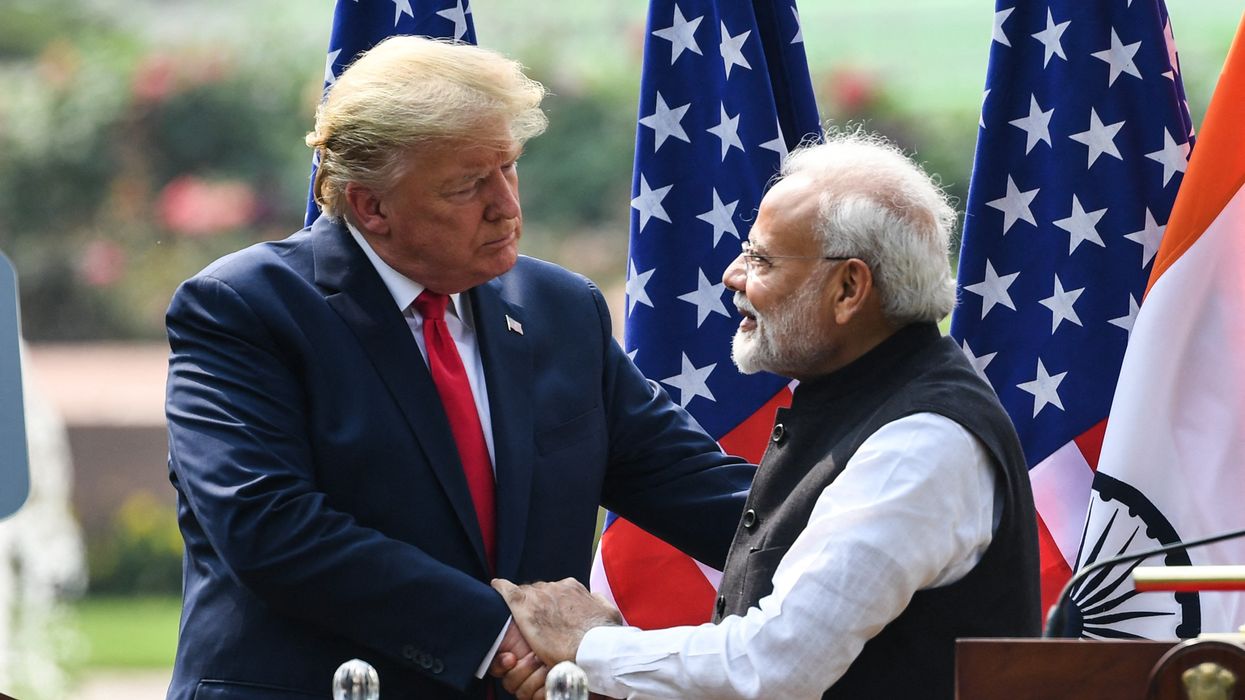INDIA and the United States have agreed to move forward on finalising a part of their bilateral trade deal this year, but there was no indication of any tariff relief for India.
Trade discussions took place in New Delhi ahead of the implementation of US president Donald Trump's new trade tariff regime, which includes import levies on India, set to take effect from 2 April.
India’s trade surplus with the US and its protectionist policies have been points of contention, raising concerns over potential retaliatory tariffs from the US administration.
India’s commerce ministry said in a statement on Saturday that both sides had "broadly come to an understanding on the next steps towards a mutually beneficial, multi-sector Bilateral Trade Agreement (BTA), with the goal to finalise its first tranche by autumn 2025."
The discussions covered "deepening bilateral cooperation in priority areas including increasing market access, reducing tariff and non-tariff barriers and deepening supply chain integration." However, the statement did not indicate that any action would be taken before Tuesday, when the new US tariffs on global trade partners are set to begin.
India Ratings and Research projects that the tariffs could result in a decline of up to $7.3 billion in India's exports to the US in the next financial year.
Over the past two months, India has attempted to ease trade tensions with Washington by reducing tariffs on some products, including high-end motorcycles and bourbon whiskey.
Before the talks, Indian media reports suggested that the government was considering removing a levy on online services such as advertising and reducing tariffs on cars, electronics, and medical services.
The Indian Express, citing an unnamed government official, reported that both sides had reached a "substantial convergence on the contours of a trade deal." However, the report noted that terms of reference to define the agreement’s scope had not been finalised.
The US decision to impose a 25 per cent tariff on countries purchasing oil from Venezuela will also impact India, which has been a buyer of Venezuelan crude.
Trump, who previously described India as "one of the highest tariffing nations in the world," later said, "it's going to work out very well" with New Delhi but did not provide further details.
(With inputs from AFP)





